The 80s and the Rise of Nintendo
In the 80s, the video game industry was undergoing a transformation. After the crash of 1983, Atari, the leading company in the market, lost its credibility, all due to the saturation of the market with low-quality games. In this wave of problems, many companies closed their doors. Nintendo, a Japanese company originally founded in 1889 as a manufacturer of playing cards, was still unknown in the US market and saw games as an opportunity to reinvent itself.
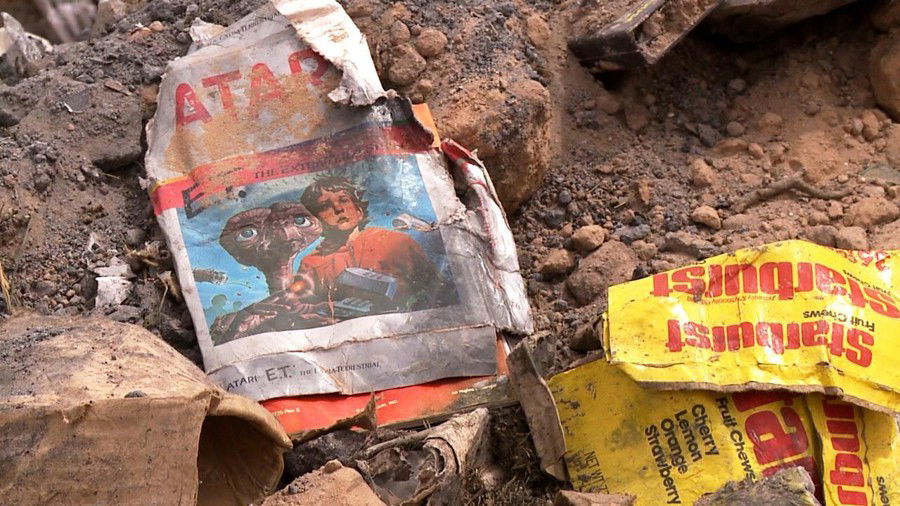
With the release of the Nintendo Entertainment System (NES) in 1985, the company not only saved and revived the gaming market, but also set a new standard for the industry. However, before this historic milestone, Nintendo faced a crisis that almost ruined the company: a million-dollar lawsuit filed by Universal Studios over the copyright of Donkey Kong. But thanks to the skill of a lawyer named John J. Kirby Jr., the company not only got saved, but also shaped the future of video games forever.
In this article, we’ll look at the historical, legal and cultural details of this epic battle, from the creation of Donkey Kong to Kirby's legacy in the gaming universe.
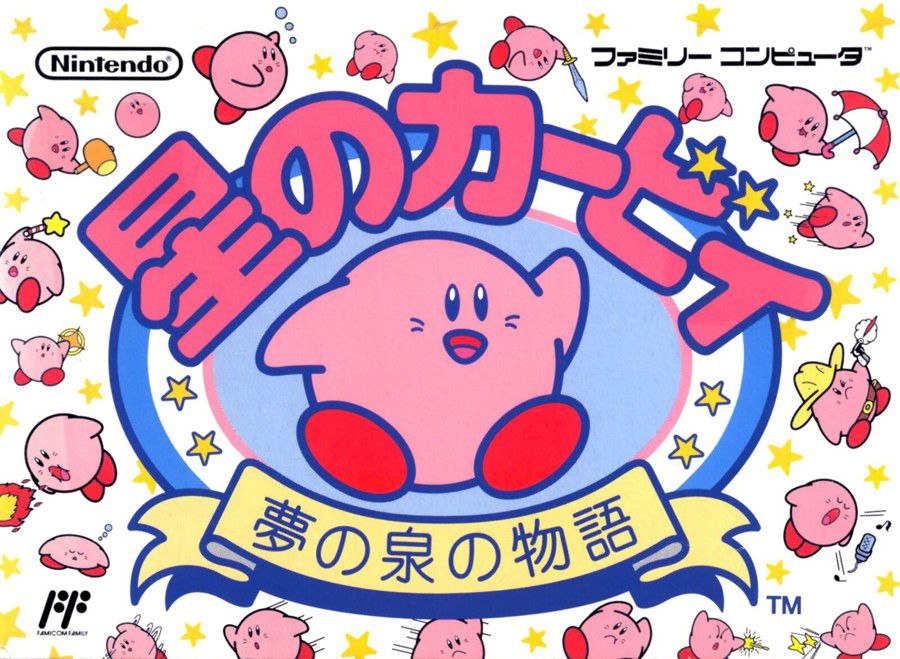
The Creation of Donkey Kong and Nintendo's Ambition
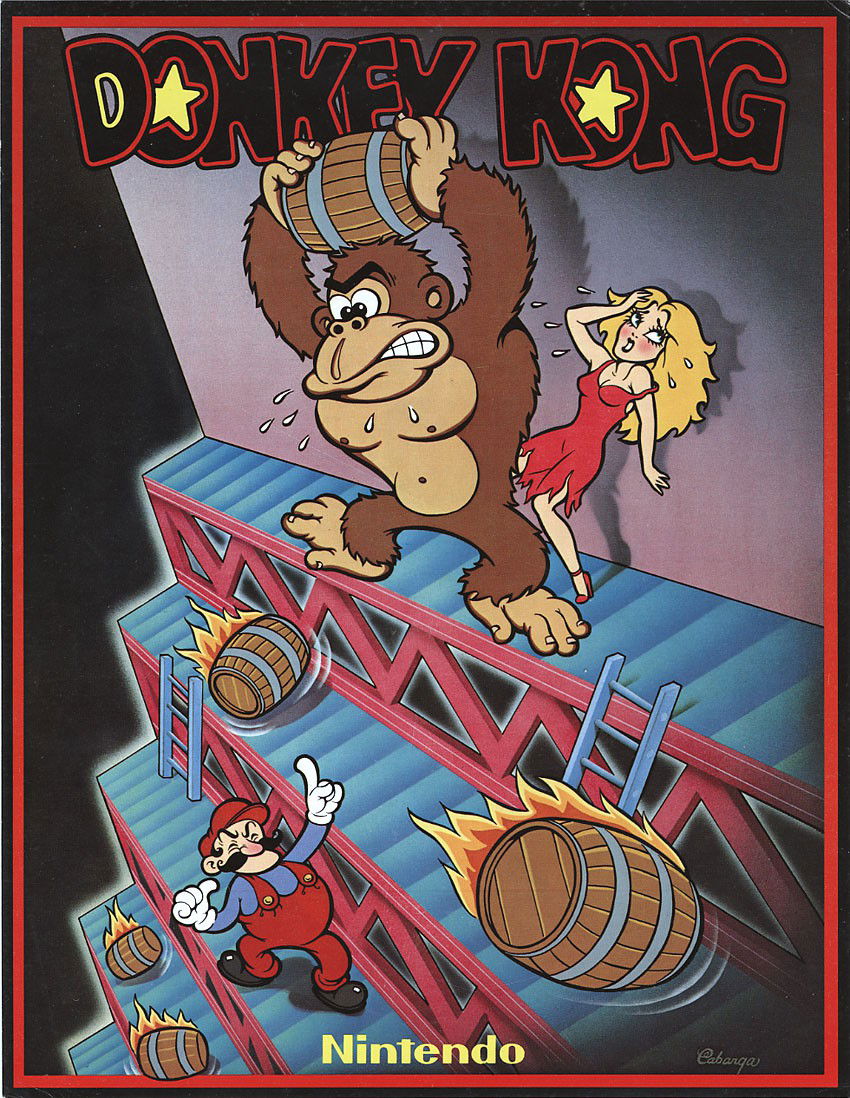
Shigeru Miyamoto and the Inspiration Behind the Game
In 1981, Nintendo was looking to expand into the arcade game market in the United States. Company president Hiroshi Yamauchi tasked a young designer named Shigeru Miyamoto with creating a game to replace Radar Scope, the company's first title in the United States that failed to deliver. Miyamoto had never developed a game before, so he drew on his passion for comics, cartoons, and adventure stories.
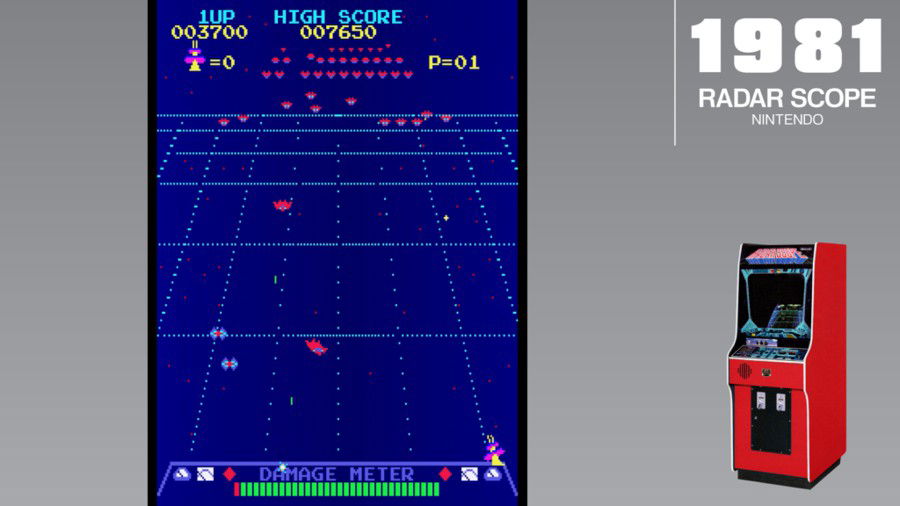
The story of Donkey Kong was inspired by elements of Western folklore and cinema. The gorilla Donkey Kong kidnaps Pauline (originally called "Lady"), and the hero, initially named "Jumpman", must rescue her by climbing structures and avoiding barrels. "Jumpman" would later become "Mario" in homage to Mario Segale, the owner of the warehouse that Nintendo rented in Seattle and where the various Radar Scope arcade machines (which would later be reconfigured and become Donkey Kong machines) were stored after their failure.
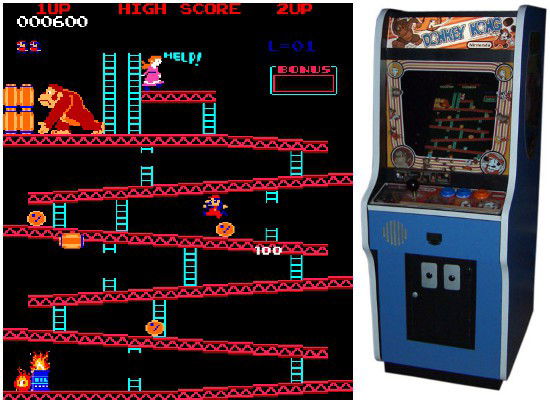
Immediate Success and the Beginning of Conflict
After its arcade release, Donkey Kong was an instant hit in the United States. By 1982, the game had generated over $180 million in revenue, accounting for nearly half of Nintendo's revenue at the time. However, the game's success caught the attention of executives at Universal Studios, who noticed similarities between the game's gorilla and the iconic King Kong character from the 1933 film.
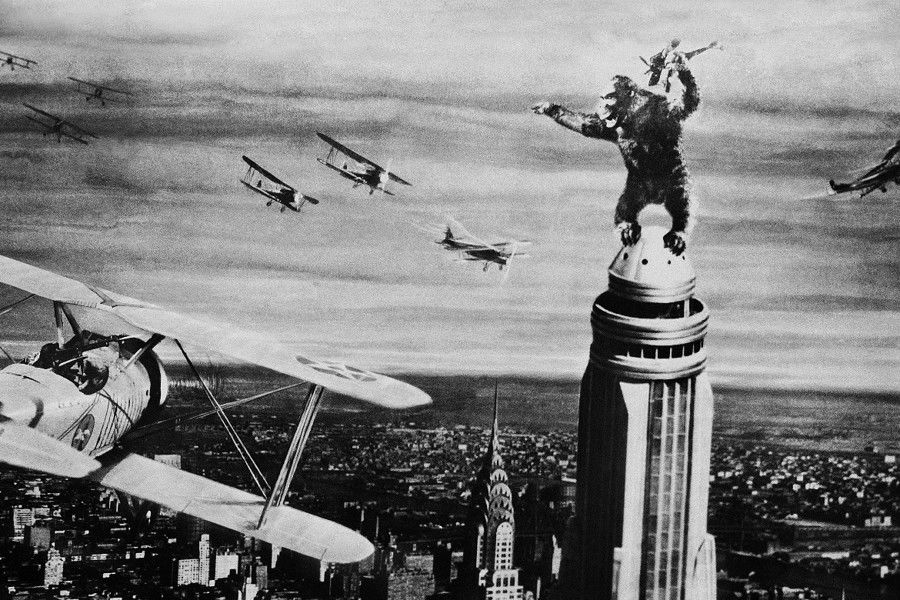
Universal had released a remake of King Kong in 1976 (starring Jeff Bridges and Jessica Lange), and the company claimed exclusive rights to the character. In June 1982, Universal sent a letter to Nintendo demanding payment of royalties and an immediate halt to the sales of Donkey Kong.
The letter threatened to sue not only Nintendo, but also its distribution partners, such as Coleco, which planned to release a version of the game for home consoles.
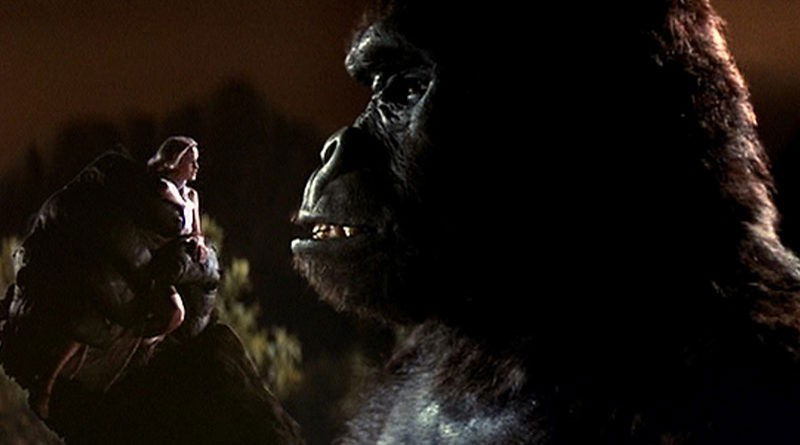
Universal Studios and the Complex Story with King Kong
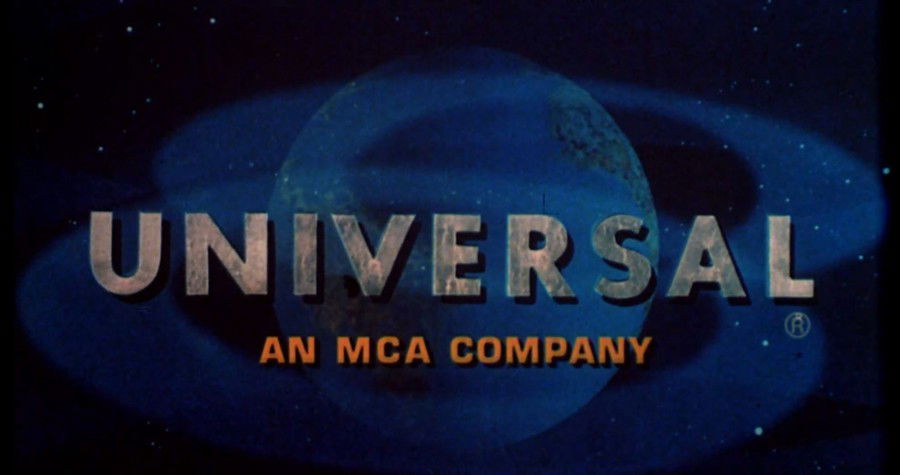
The Battle for the Rights of King Kong in the 1970s
To understand this lawsuit filed against Nintendo, it’s necessary to go back to the 1970s. Universal had entered into a legal dispute with RKO Pictures, the original holder of the rights to King Kong. At the time, Universal argued that the 1933 film was in the public domain because RKO hadn’t properly renewed the copyright. The case was resolved in 1975, with Universal winning the right to produce its remake.
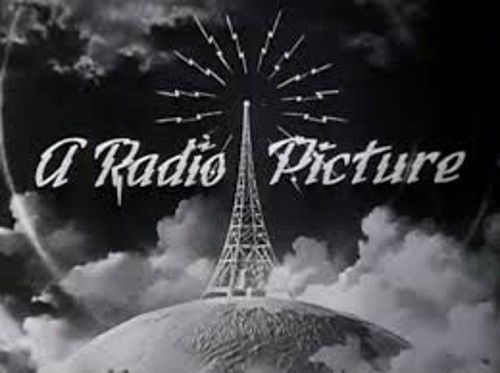
And remember this information: Universal won the lawsuit, claiming that King Kong was in the public domain. This information would be crucial to the future of Nintendo and consequently to the history of pop culture.
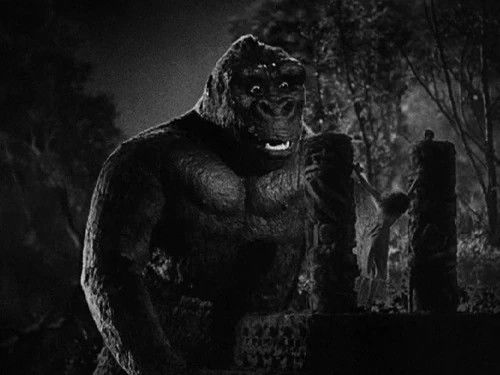
Universal's Aggressive Strategy
Universal didn't just sue Nintendo. The company filed lawsuits against more than 60 companies that used the "Kong" brand on products ranging from toys to soft drinks. Many companies opted for out-of-court settlements to avoid legal costs. Nintendo, however, refused to give in and decided to fight the case in court.
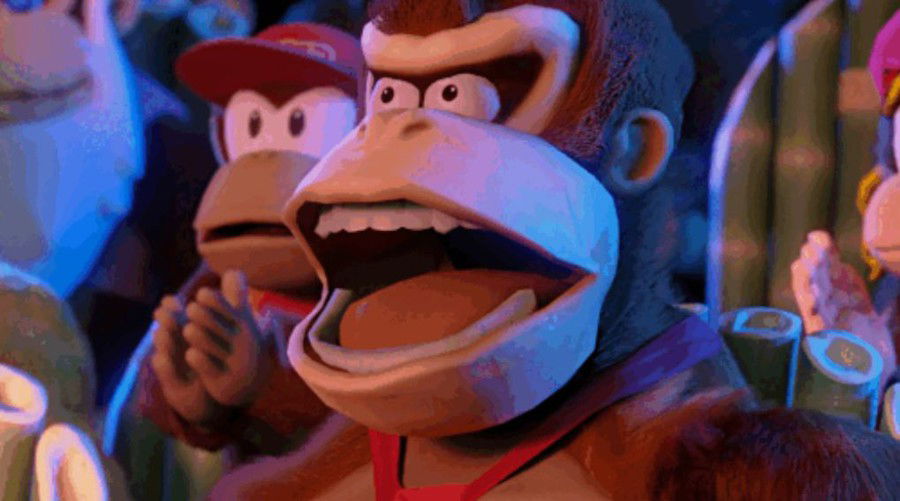
Howard Lincoln, vice president of Nintendo of America, hired John J. Kirby Jr., an intellectual property lawyer with a reputation for impeccable courtroom skills. Thus began the legal battle that would change the course of the video game industry.
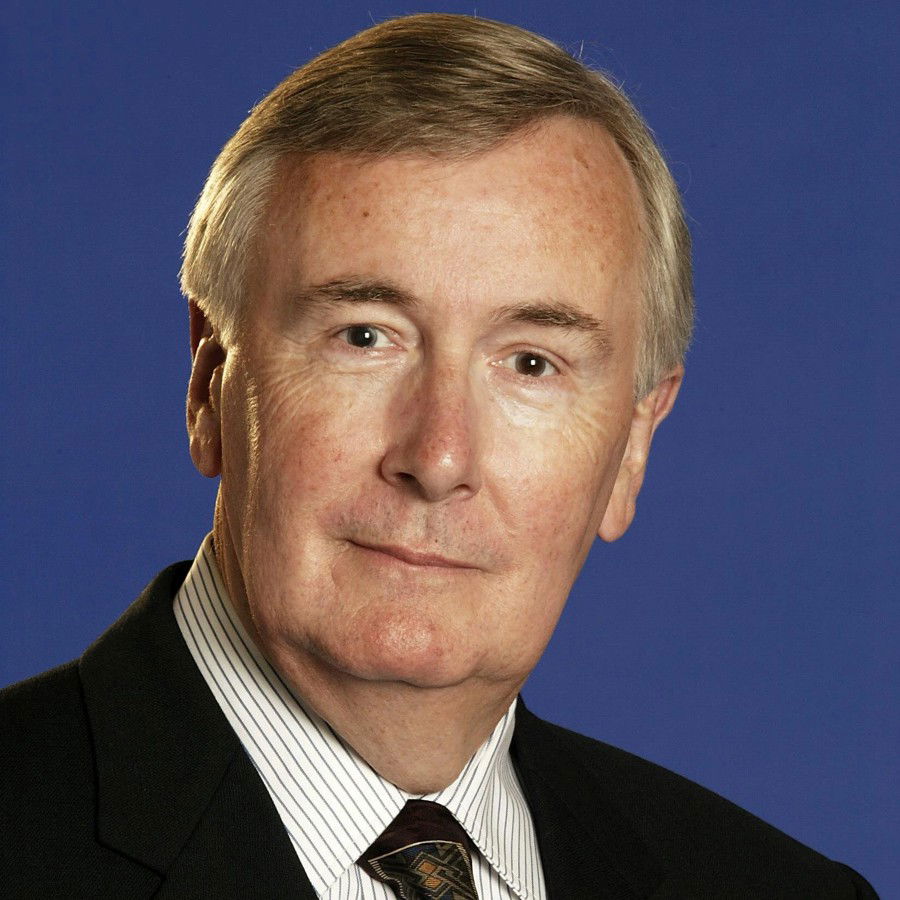
John J. Kirby Jr: The Lawyer Who Challenged a Giant

Professional Trajectory
John James Kirby Jr. was born in 1939 in Chicago. A graduate of Northwestern University School of Law, he built a distinguished career in corporate and intellectual property law. Before the Nintendo case, Kirby had represented large corporations in complex disputes, including trademark disputes.
His approach was meticulous, and he would search historical details as well as old documents to find loopholes in the system.
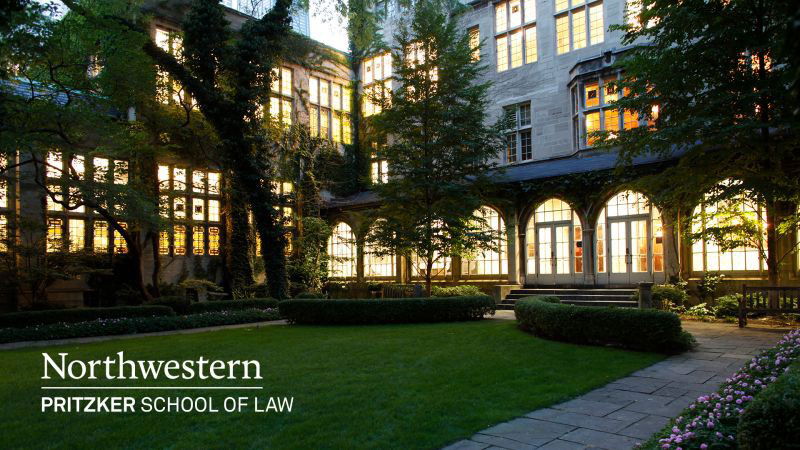
The Trial: A Battle of Narratives
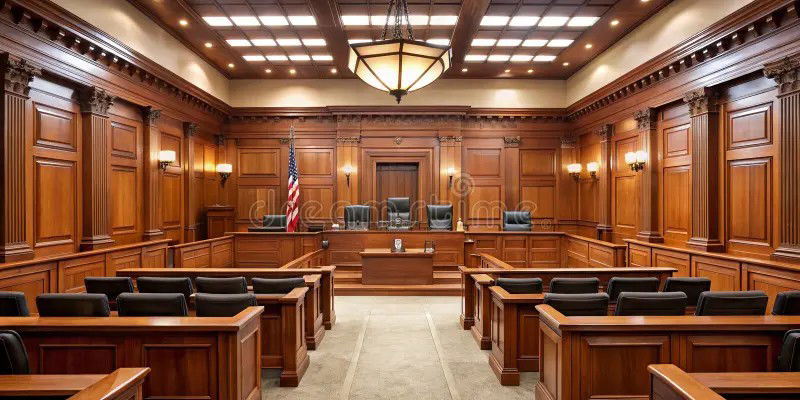
Universal’s Arguments
Universal based its accusations on two main claims:
- Visual Similarity: Donkey Kong was a direct copy of King Kong, with a giant gorilla, a woman in danger and a human protagonist.
- Unauthorized Use of the "Kong" Trademark: Universal claimed that the suffix "Kong" was intrinsically linked to its character "King Kong".
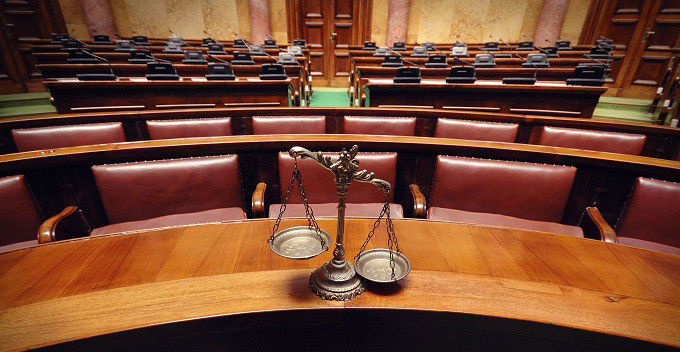
The Discovery of Crucial Documents
Kirby and his team dug deeply through legal files and found transcripts of the 1975 case between Universal and RKO. In them, Universal categorically stated that the character King Kong wasn’t protected by copyright, being in the public domain. So how could it claim any rights to it? Kirby used these statements against Universal, arguing that the company was acting in bad faith in suing Nintendo.
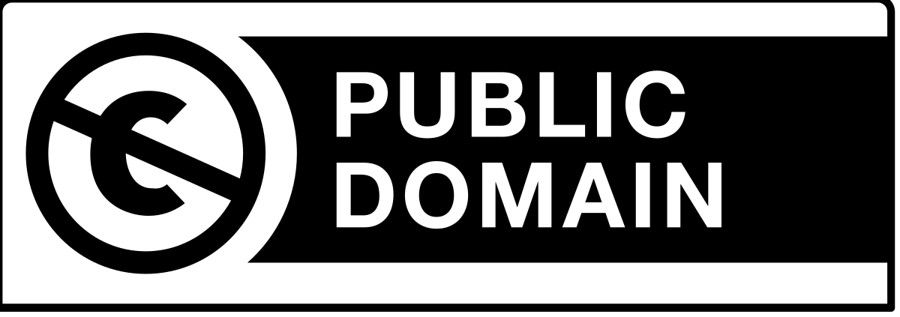
Furthermore, he hired film and literature experts to prove that the story of a giant gorilla kidnapping a woman was a universal archetype, present in African myths and even in the work The Murders in the Rue Morgue, by Edgar Allan Poe (1841).
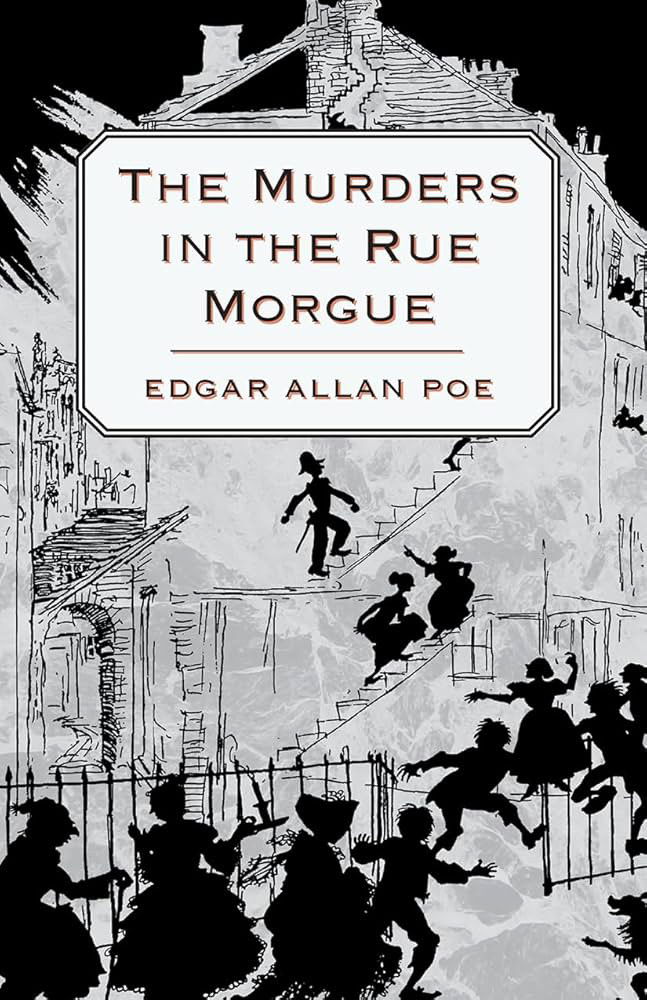
Kirby's Defense: Public Domain and Creative Differences
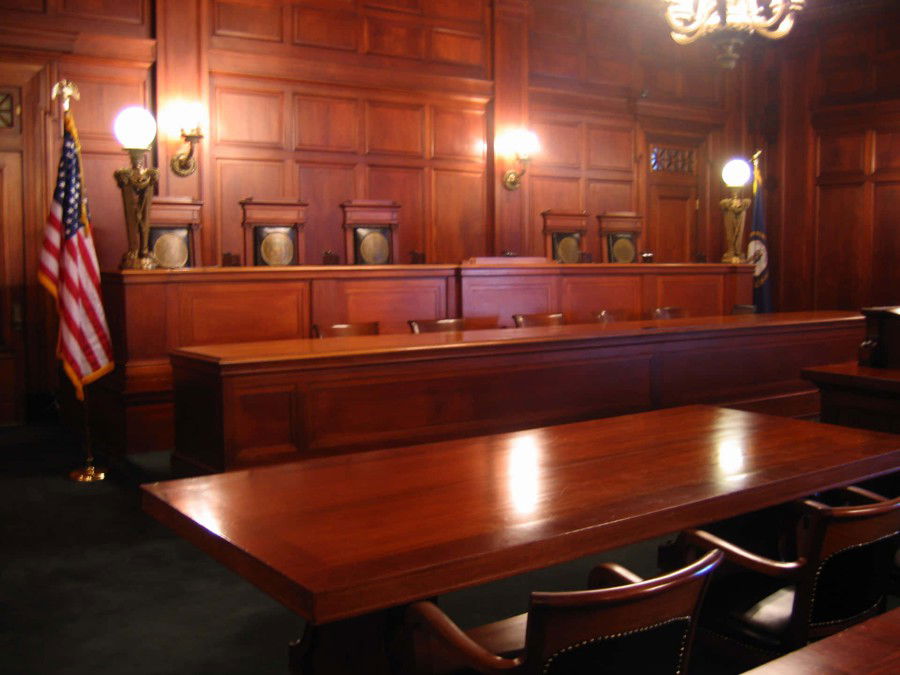
Kirby dismantled every argument Universal made with his discovery:
- Public Domain: He presented the 1975 documents showing that Universal had admitted that King Kong had no owner.
- Creative Differences: Donkey Kong was a cartoonish gorilla, not realistic like King Kong. The game's story focused on humor and platforming challenges, not romantic drama or horror.
- The Origin of the Name "Kong": Kirby proved that "Kong" was a generic term for gorillas, derived from the African word "kongou" (hunter). Nintendo didn’t use the name "King Kong", but rather just "Kong".
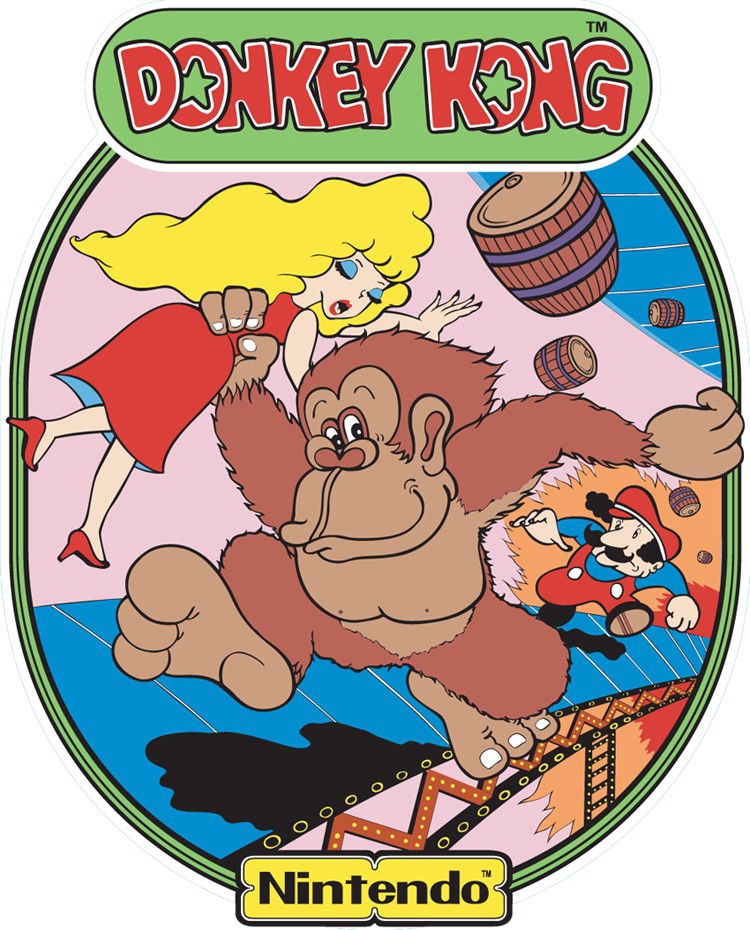
Shigeru Miyamoto’s Testimony
Shigeru Miyamoto came to the USA to testify and explained that Donkey Kong was a mix of cultural references, including Beauty and the Beast and Popeye . The name "Donkey" (which means "stubborn" in Japanese) was chosen to convey the gorilla's rebellious personality.
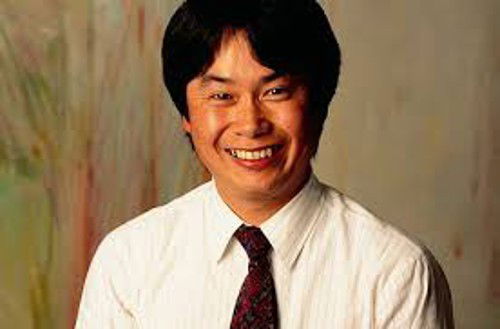
Nintendo's Victory and Its Consequences

The Judge's Decision
In 1984, judge Robert Workman Sweet ruled in favor of Nintendo. He asserted that Universal had no rights to King Kong and that, even if it did, Donkey Kong was different enough not to constitute infringement. Universal was ordered to pay US$1.8 million to Nintendo for litigation (accusation) of bad faith.
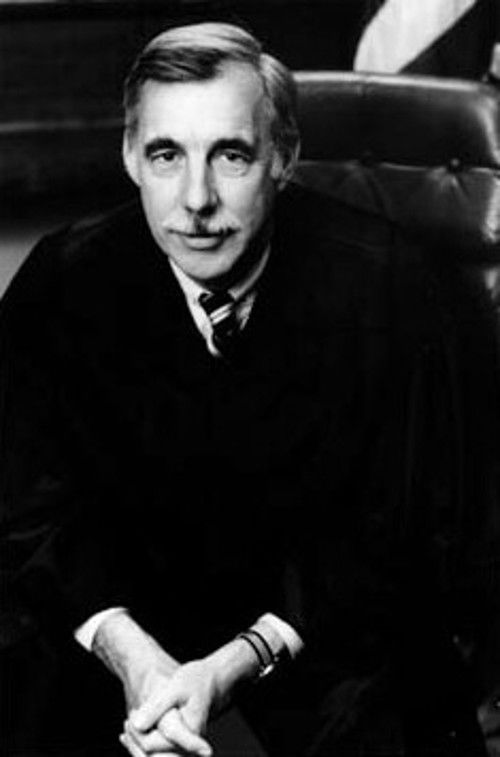
Immediate Market Impact
Now with victory in hand, Nintendo had the confidence it needed that it wouldn’t have any more legal problems and therefore invested aggressively in the USA gaming market. In 1985, the NES launched with Super Mario Bros. (a direct evolution of Donkey Kong), reviving the gaming industry and forever changing how we play and live. Nintendo established a quality control model, requiring third parties to obtain licenses to publish games on the NES, this system would be a safeguard of the company's dominance for years.
The Donkey Kong lawsuit set a precedent for copyright disputes in the games industry. Companies began to invest more in originality and preemptive legal advice.
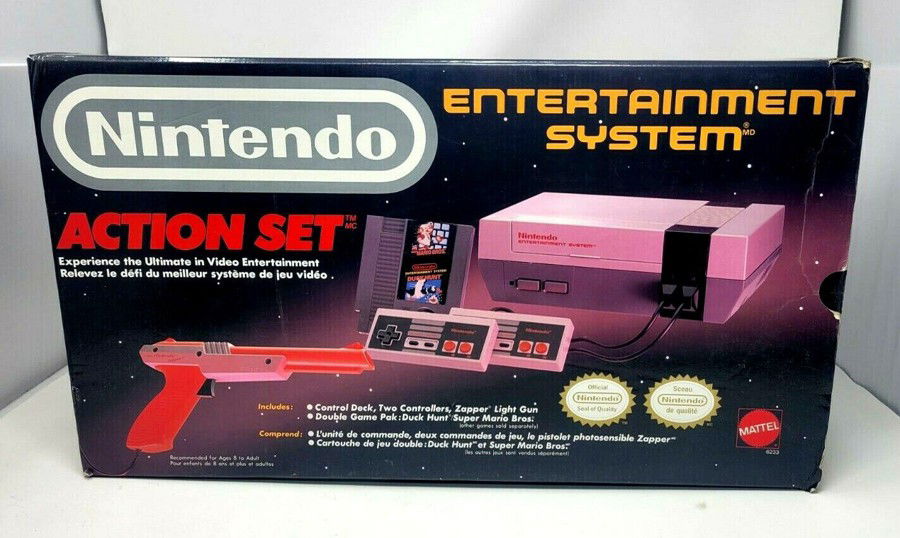
John Kirby's Legacy and Nintendo's Tribute
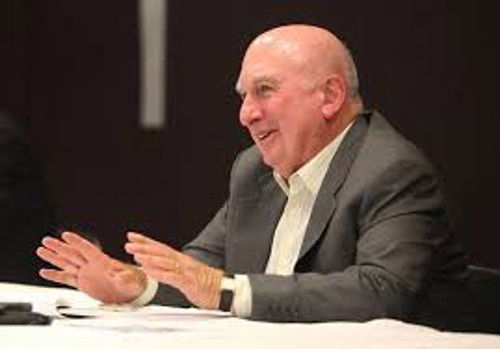
The Creation of the Character Kirby
In 1992, Nintendo released Kirby's Dream Land for Game Boy. The character Kirby, a round, pink hero capable of absorbing enemy abilities, was named after the lawyer. Although Nintendo never officially confirmed the connection, Shigeru Miyamoto joked in interviews: "It's a nice coincidence, isn't it?"
Kirby became a successful game franchise and one of the central characters of Nintendo, with games on several of the company's consoles.
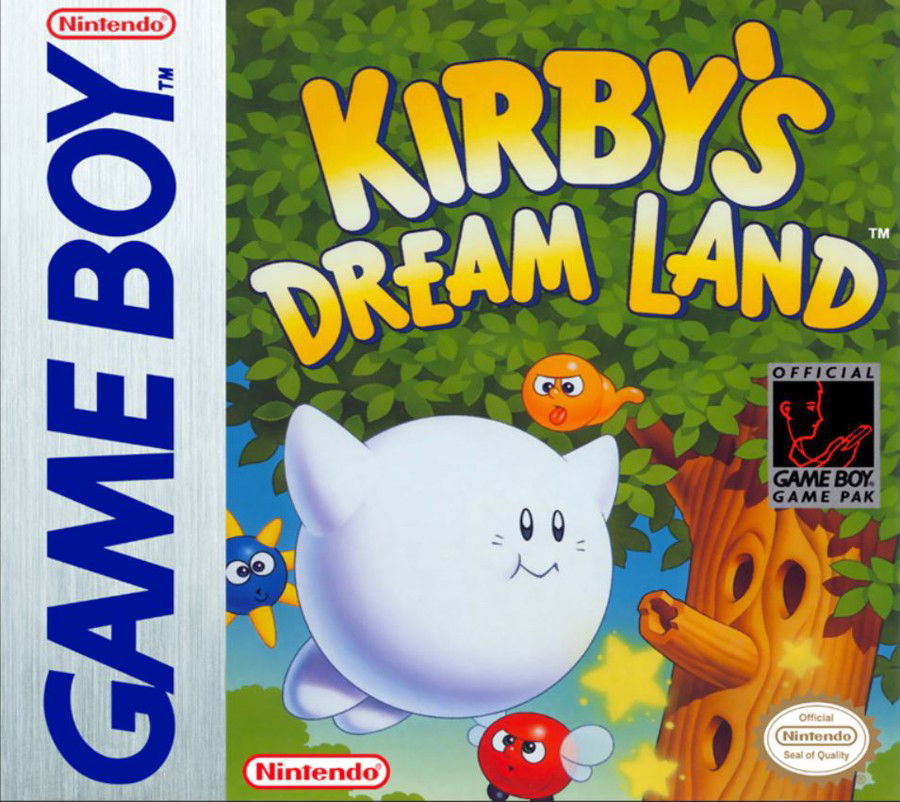
Kirby's Post-Lawsuit Life
John Kirby continued his career as a partner in prestigious law firms, he passed away in October 2019, at the age of 79, leaving a legacy as one of the greatest defenders of creative innovation in law.
The story of Kirby and Nintendo is a symbol of resistance against accusations of predatory rights by large industries. It showed that even small companies (like Nintendo was at the time) can challenge giants with solid arguments and good legal preparation.
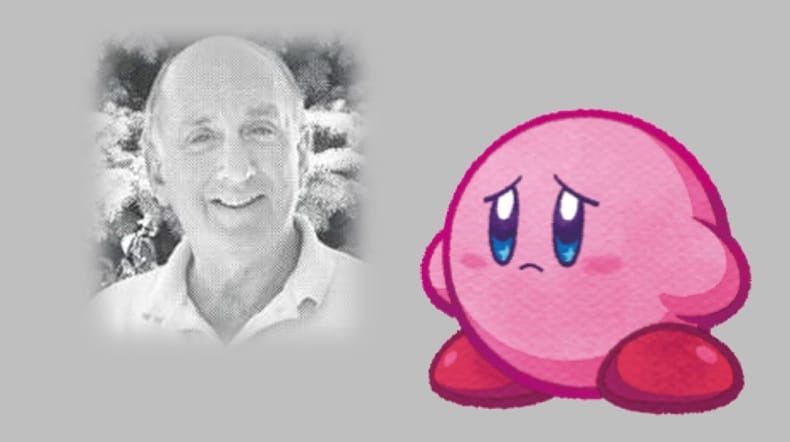
Thoughts on Copyright and Innovation
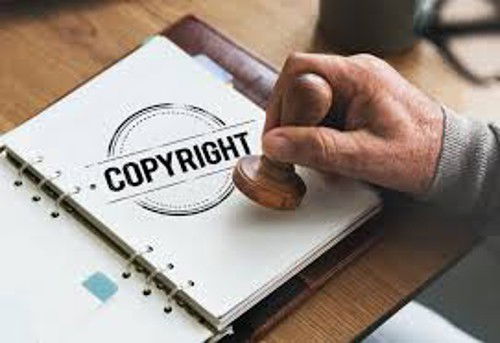
The Balance Between Safety and Creativity
The Donkey Kong vs. Universal case shows us the importance of protecting intellectual properties and allowing creative freedom. If Universal had won, Nintendo could’ve been forced to pay millions of royalties, which could lead to its closure and later abandonment of the NES launch; which came with Mario Bros.; that revolutionized the gaming industry... That would change the course of pop culture as we know it today.
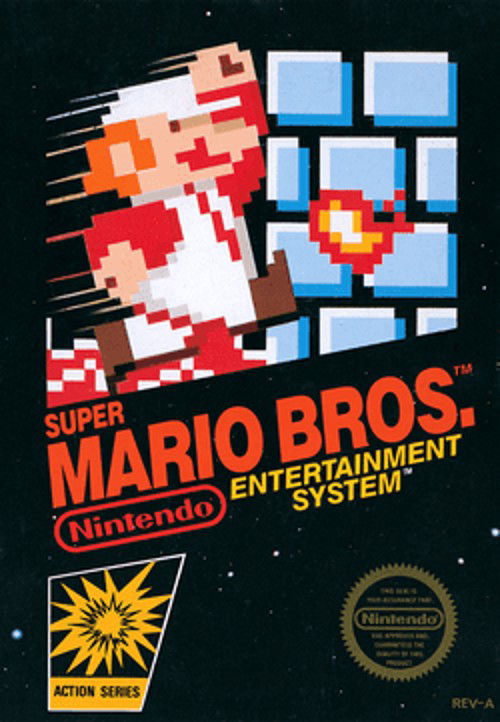
Lessons for the Modern Games Industry
Today, contests like Fortnite vs. PUBG and others highlight the importance of defining clear boundaries between inspiration and plagiarism. Kirby's victory is a reminder that innovation often depends on defending ideas against established interests.
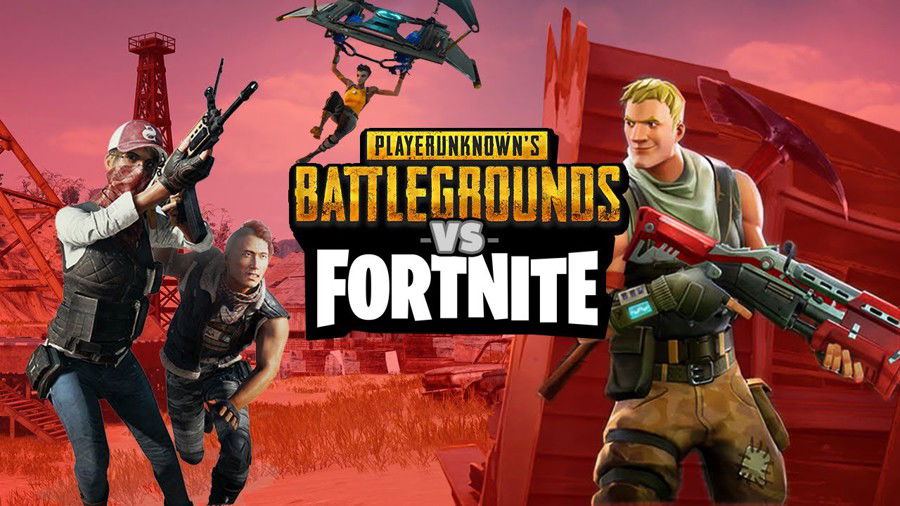
To Learn More
If you’re interested in more details, such as interviews and behind-the-scenes footage, I recommend the sources below, which are a part of the source for this article.
- Book: Game Over by David Sheff (1993), which details the history of Nintendo.
- Documentary: High Score (Netflix, 2020), with an episode dedicated to the 1980s.
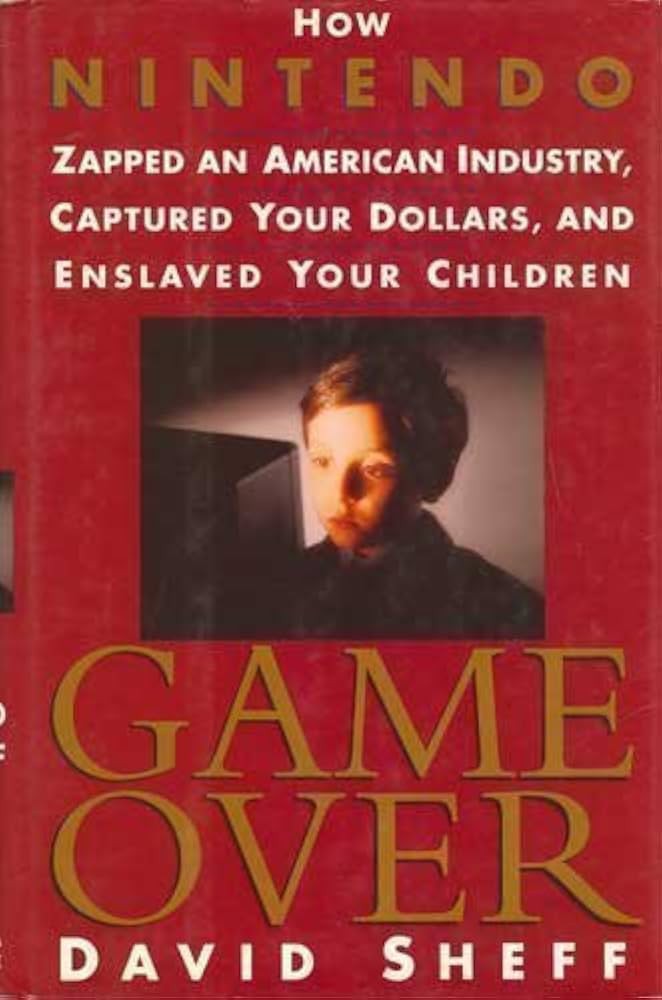
Conclusion: A Battle That Shaped the Future of Gaming
The story of John Kirby and Nintendo is yet another pivotal chapter in video game culture.
Kirby proved that the law can be a tool to both protect and free the imagination. His legacy lives on not only in the pink character who swallows enemies, but in every game that dares to be original. In a world where corporate giants often bully and swallow smaller creators, his story remains a beacon of light and hope, and a reminder that sometimes even a lawyer can be a hero who changes history forever.









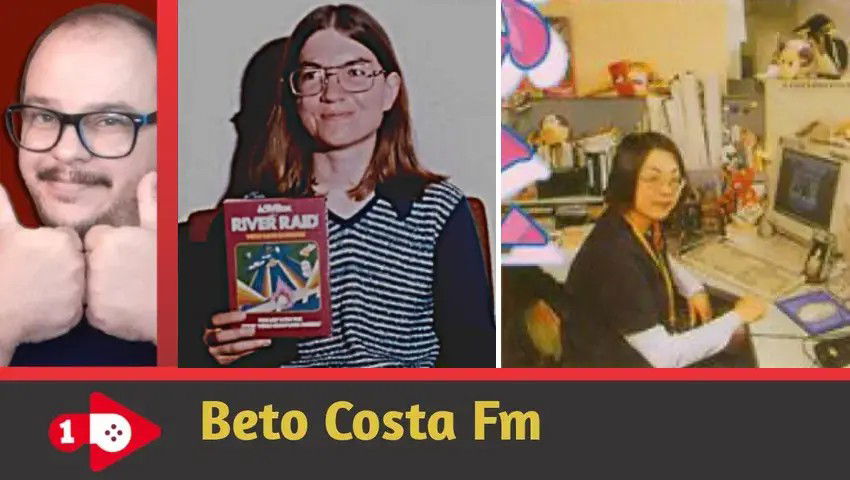
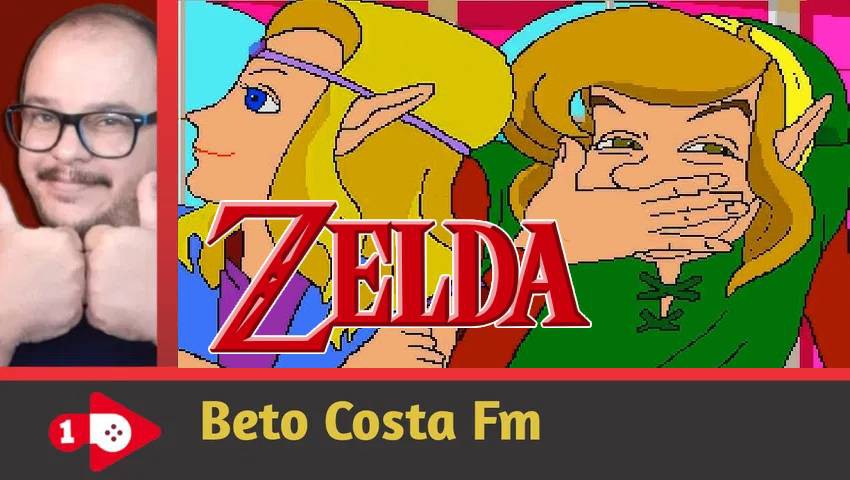



— Comentarios 0
, Reacciones 1
Se el primero en comentar